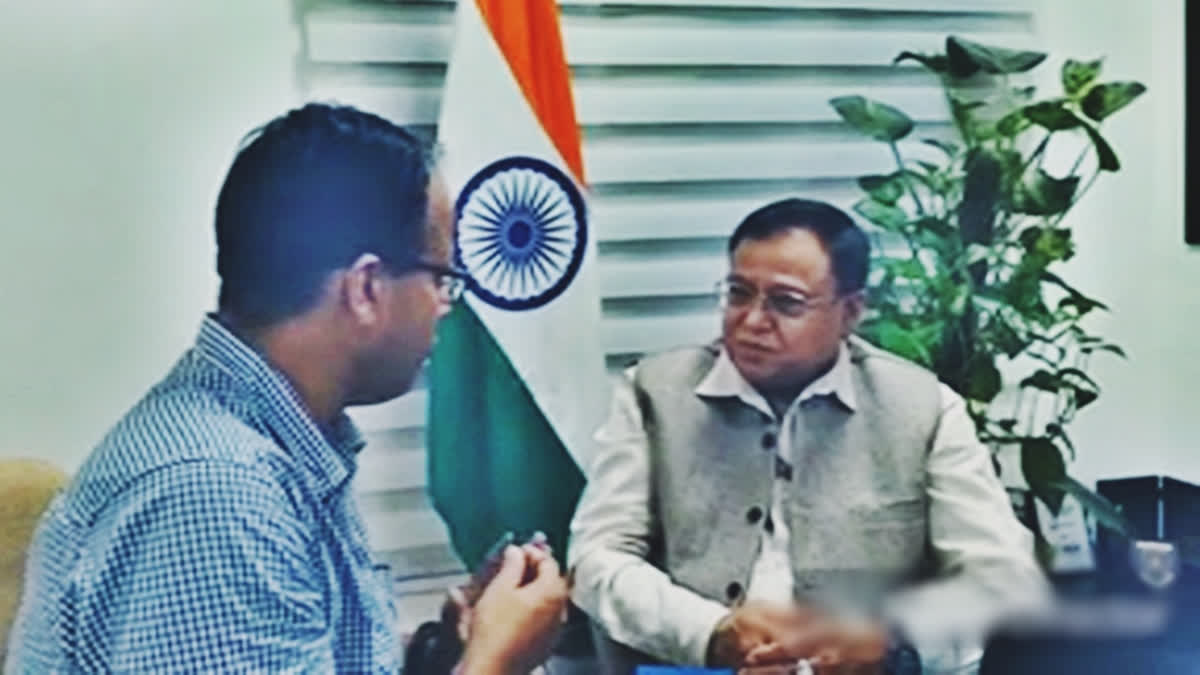New Delhi: As Chandrayan 3 landed successfully on the south pole of the moon on Wednesday, renowned scientist and former Director General (DG) of Defence Research and Development Organisation (DRDO) Dr Vijay Kumar Saraswat lauded the historic achievement and said that India is going to be part of the space economy emerging globally.
In an exclusive interview with ETV Bharat, Saraswat said India with its competitiveness is going to play a major role in global space economy 4.0. Space 4.0 represents the evolution of the space sector into a new era, characterised by a new playing field. This era is unfolding through interaction between governments, private sector, society and politics.
"All our missions are low-cost, and we will be the winner," Saraswat said. He said that India could launch a satellite at a much lower cost. "We can involve private industries which can take every mission on a business-to-customer or customer-to-customer basis. We also have collaboration with major countries having their grip on the space sector," said Saraswat.
Admitting that there has been a change in India's space sector, Saraswat said that India's space mission in the last five years triggered a large sense of involvement as far as students are concerned. "We provide internships to students. In fact, the youths now want to be space engineers of tomorrow," the scientist said.
Saraswat pointed out that there has been a change in the Department of Space as it has allowed large participation of the private sector which has brought industries, and startups in this field. "Soft landing of Chandrayan 3 on moon surface brings for us an autonomy in system and mission," Saraswat said.
Referring to the successful landing of Chandrayan 3, Saraswat called it a great success and said even after the complexities involved, the project went on smoothly. "The preparation for this mission was outstanding. No nation has done it earlier," Saraswat said.
"The landing process for Vikram Lander was very complex. The efforts of the ISRO scientists were outstanding. A lot of simulations, redundancy of technology and a lot of hardware and software validations were involved in making the mission successful. We were very hopeful that the outcome would be outstanding as well," he said
Talking about India exploring several such missions in the future, Saraswat said, "Yes, this has laid the foundation stone for many more future moon missions. We are planning to send human beings into space. We are working on the Mangalyaan and Venus probes also. We are trying to set up a deep space station for command, control, tracking, launching the systems and manoeuvring of satellites."
Also read: 'History made': Scientists hail Chandrayaan-3's successful landing on lunar south pole



